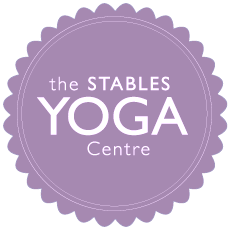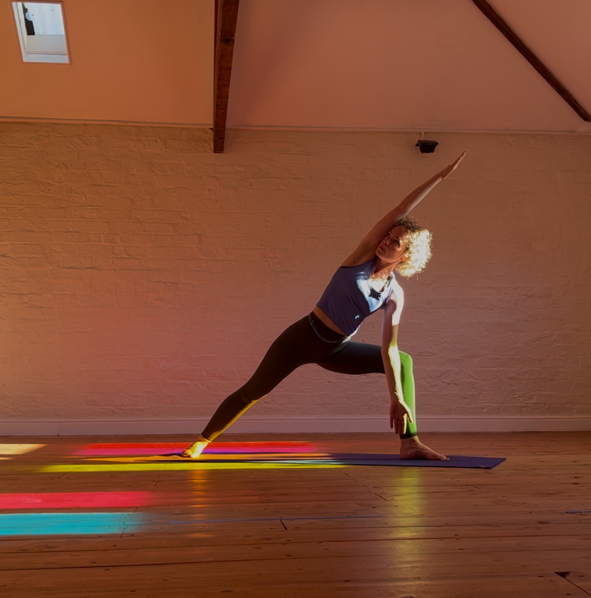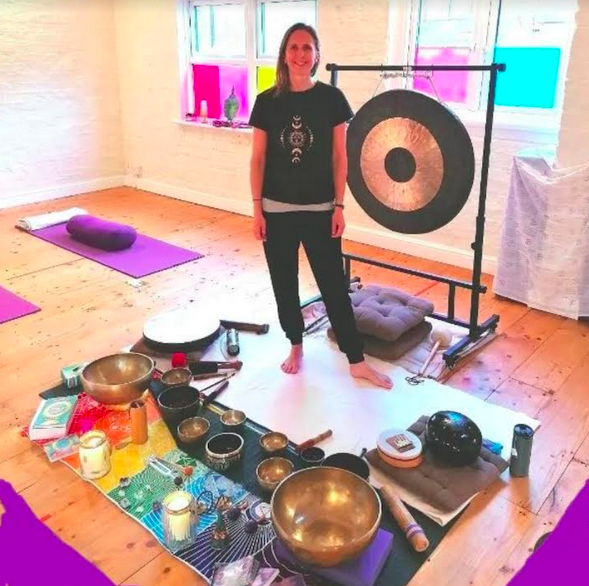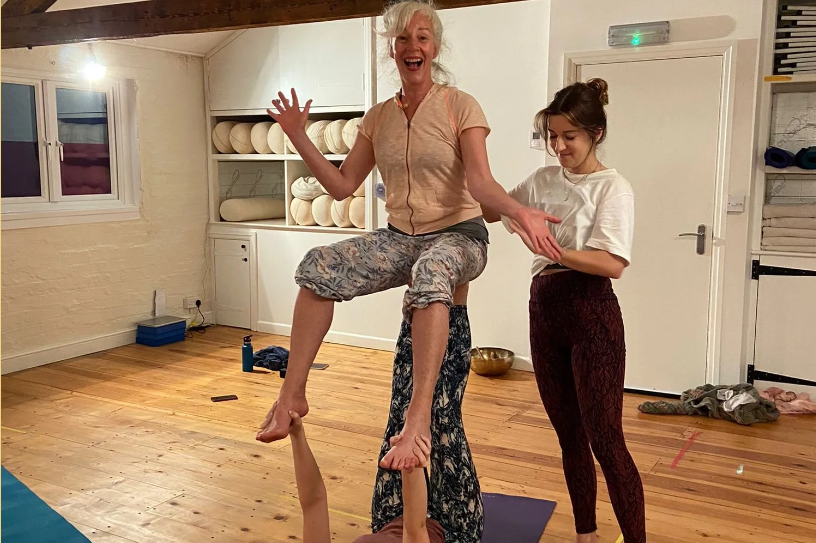
- This class has passed.
Birth Prep
July 12, 2020 at 9:30 am - 4:00 pm
£65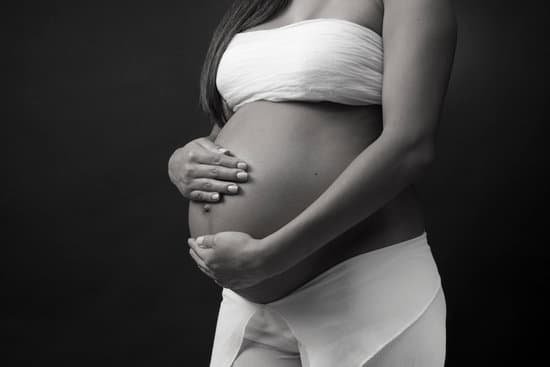
This class is suitable for couples who want to birth their babies naturally, whether in hospital, at a midwife-led birth centre, or at home. Run by the wonderful Sophie Carr, yoga teacher and doula. “It was absolutely essential, miles better than the NCT and hospital preparation classes – fantastic, thank you.”
This course will run on Zoom if necessary, or a combination of Zoom and in-studio.
Once you have booked this course, please also email Sophie info@yogaco.co.uk giving both of your names, your due date, and your phone number.
If your partner can’t attend the day, you are welcome to bring someone else with you (mum, friend, doula) – or just come on your own.
We will contact you again nearer the time with more details of the day.
If your baby comes early and you are unable to attend, we will do our best to fill your place. If we can’t, we can give you a £20 refund. Please note there are no refunds for no-shows.
Stay in control of your birth.
Birthing women know what is right for them. They instinctively know who they want with them, where they want to birth, and how. If this is respected, birth is empowering and pleasurable. But the power of birth is often unconsciously surrendered to others which can lead to complicated birth experiences. We learn how to stay in control while letting our body do its job of birthing.
The characteristics of a natural birth.
Hormones play an essential role in childbirth, stimulating the uterus to contract and natural painkillers to be released. In order for the efficient and sustained production of these hormones, a woman needs space to move, darkness and privacy. To birth naturally, she needs to be undisturbed, instinctive, and feel safe and protected. Given the right conditions, only one in ten births will be complicated. We discuss ways of achieving the environment essential for a normal birth in hospital, at a midwife-led birth unit, and at home. We concentrate on the need to trust the process of birth (whether short or very long) and avoid unnecessary interventions.
Active birth.
We discuss the benefits of an upright, active birth. We look at positions for the 1st, 2nd and 3rd stages of labour, how to support the birthing mother, and note how our own conditioning can inhibit our trust in our bodies. Women’s bodies are designed to give birth, but fear is a major inhibitor of the birthing hormones— so how can we integrate that knowledge so we are not afraid? We explore Mindful Communication exercises so our partners can support us fully.
Mindfulness, breathing and relaxation.
Yoga breathing is an essential tool for childbirth. We look at how useful it is for dealing with the pain of contractions, and how mindfulness reduces feelings of anxiety and fear. We learn how the birth partner can help the mother stay steady and strong during even the lengthiest labour.
Getting the best from the NHS.
We have many choices in birth, many more than we think. We discuss your birth preferences and how to have the birth you want while being supported by the NHS. We also discuss other care providers and the role of doulas.
